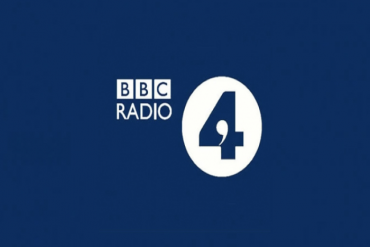For months now the BBC News website has been making do with a pro-forma statement (or versions of it) in reports on the subject of Iran’s nuclear programme according to which: 
“The West suspects Iran of seeking a nuclear arms capability.
Tehran denies the claim, saying its nuclear programme is for peaceful purposes only.”
On October 14th 2013 – the eve of renewed talks between Iran and the P5+1 – the BBC produced a backgrounder titled “Q&A: Iran nuclear crisis” which opens:
“One of the thorniest disputes between Iran and the international communities is over Iran’s nuclear programme. The two sides have been in stalemate for years, despite several rounds of sanctions and talks. Here is an explainer to the crisis.”
Although it starts off informatively, the backgrounder later moves into more political realms. Despite the fact that concerns regarding Iran’s nuclear aspirations reach far beyond “the West” and are based, inter alia, on information provided by the IAEA – an international body with 159 member states – the backgrounder once again promotes the same ‘West vs Iran’ theme with its heading “Why does the West suspect Iran wants nuclear weapons?”
Under the heading “What does Iran say?” the backgrounder informs readers:
“Iran has dismissed the allegations and reaffirmed its commitment to nuclear non-proliferation.
In September 2013, President Rouhani insisted that Iran would never “seek weapons of mass destruction, including nuclear weapons”. Iran’s Supreme Leader, Ayatollah Ali Khamenei, who is reported to have issued a fatwa some time ago against nuclear weapons, declared in 2009: “We fundamentally reject nuclear weapons and prohibit the use and production of nuclear weapons.” “
There is of course much debate surrounding that unwritten fatwa – which the BBC article fails to adequately reflect. Readers may find this essay by a former BBC Persian analyst helpful in understanding the significance – or lack of it – of such a fatwa.
Under the heading “What are the chances of an attack on Iran?” the backgrounder focuses mainly on Israel, once again ignoring the subject other countries in the region with similar concerns. With regard to the United States the backgrounder says:
“However, Mr Obama has also sought to reassure Israelis that military force remains a US option if sanctions and diplomacy fail to thwart Iran’s alleged nuclear ambitions. “When I say that all options are on the table, all options are on the table,” he told Israeli TV in March 2013.”
That, of course, was before the latest incident of the use of chemical weapons in Syria and hence the BBC article fails to take into account the deterioration of American deterrence in the Middle East in recent months.
The final part of the backgrounder promotes irrelevant linkage and spurious equivalence between Iran’s nuclear programme and speculations regarding Israel’s nuclear capabilities under the heading “Doesn’t Israel have a nuclear bomb?”.
Related articles:
Inaccuracy and distortion in BBC report of Netanyahu’s UN speech
R4 ‘Today’ expounds BBC ‘World View’ on Iran
BBC presents airbrushed picture of Rouhani NBC interview
Does the evidence support the BBC’s touting of “less hardline Iranian stance” on nuclear issue?



